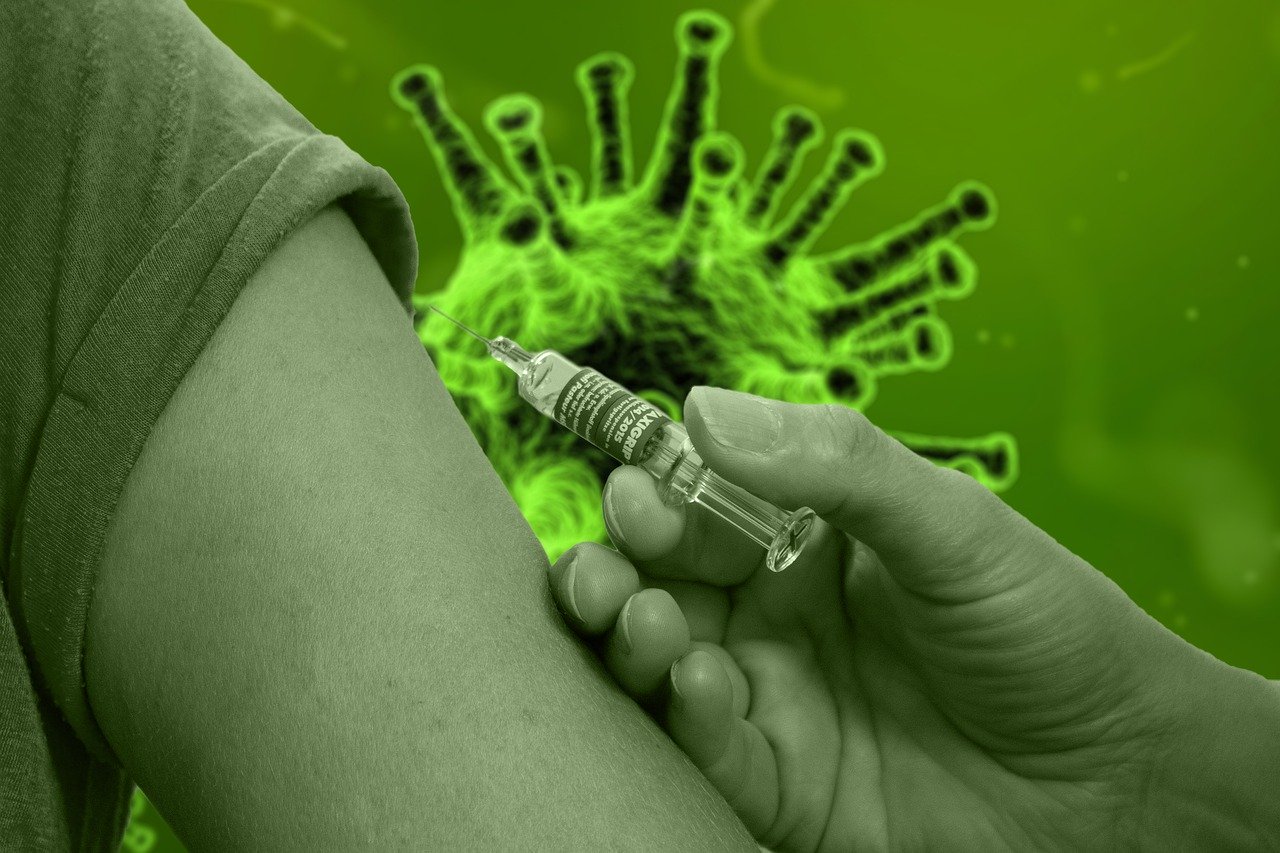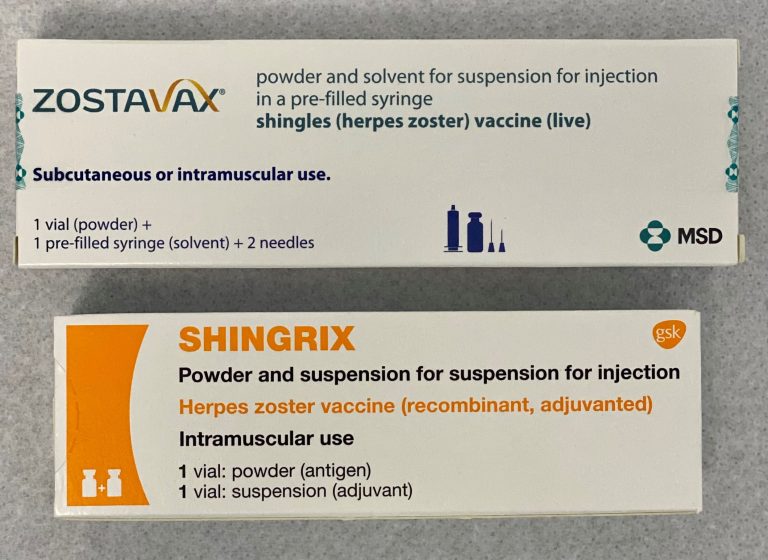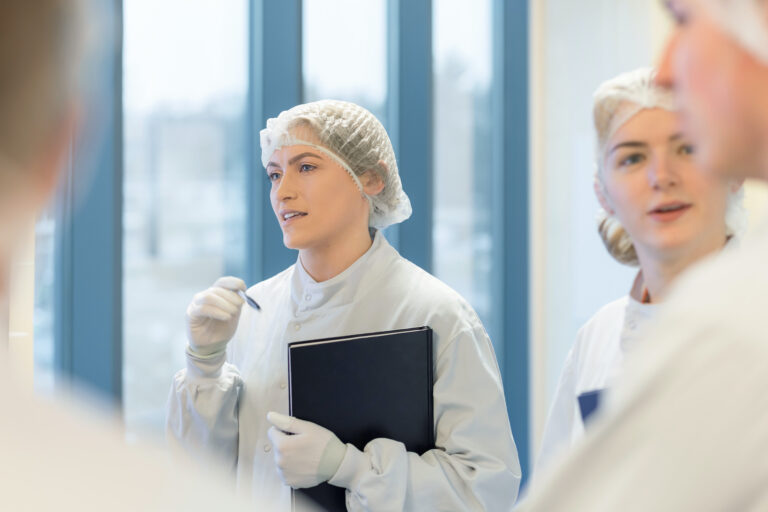GlaxoSmithKline plc (LON:GSK) and Sanofi have announced a delay in their adjuvanted recombinant protein-based COVID-19 vaccine programme to improve immune response in the elderly.
· Phase 1/2 interim results showed an immune response comparable to patients who recovered from COVID-19 in adults aged 18 to 49 years
· Insufficient response in older adults demonstrates the need to refine the concentration of antigen in order to provide high-level immune response across all age groups
· Companies plan a Phase 2b study with an improved antigen formulation
· With support from BARDA as part of Operation Warp Speed, study to start in February 2021, including a proposed comparison with an authorised COVID-19 vaccine
· Product availability now expected in Q4 2021 pending successful completion of the development plan
Sanofi and GSK announce a delay in their adjuvanted recombinant protein-based COVID-19 vaccine program to improve immune response in older adults. Phase 1/2 study interim results showed an immune response comparable to patients who recovered from COVID-19 in adults aged 18 to 49 years, but a low immune response in older adults likely due to an insufficient concentration of the antigen.
A recent challenge study in non-human primates performed with an improved antigen formulation demonstrated that the vaccine candidate could protect against lung pathology and lead to rapid viral clearance from the nasal passages and lungs, within 2 to 4 days. These results increase the Companies confidence in the capacity of the adjuvanted recombinant platform to deliver a highly efficient vaccine for all adults.
Sanofi’s recombinant technology and GSK’s pandemic adjuvant are established vaccine platforms that have proven successful against influenza. The recombinant technology offers the advantages of stability at temperatures used for routine vaccines, the ability to generate high and sustained immune responses, and the potential to prevent virus transmission.
“We care greatly about public health which is why we are disappointed by the delay announced today, but all our decisions are and will always be driven by science and data. We have identified the path forward and remain confident and committed to bringing a safe and efficacious COVID-19 vaccine. Following these results and the latest encouraging new preclinical data, we will now work to further optimise our candidate to achieve this goal,” said Thomas Triomphe, Executive Vice President and Head of Sanofi Pasteur. “No single pharma company can make it alone; the world needs more than one vaccine to fight the pandemic.”
Roger Connor, President of GSK Vaccines added: “The results of the study are not as we hoped. Based on previous experience and other collaborations, we are confident that GSK’s pandemic adjuvant system, when coupled with a COVID-19 antigen, can elicit a robust immune response with an acceptable reactogenicity profile. It is also clear that multiple vaccines will be needed to contain the pandemic. Our aim now is to work closely with our partner Sanofi to develop this vaccine, with an improved antigen formulation, for it to make a meaningful contribution to preventing COVID-19.”
The Companies plan a Phase 2b study expected to start in February 2021 with support from the Biomedical Advanced Research and Development Authority (BARDA), part of the HHS Office of the Assistant Secretary for Preparedness and Response (ASPR) under contract W15QKN-16-9-1002. The study will include a proposed comparison with an authorised COVID-19 vaccine. If data are positive, a global Phase 3 study could start in Q2 2021. Positive results from this study would lead to regulatory submissions in the second half of 2021, delaying the vaccine’s potential availability from mid-2021 to Q4 2021.
Sanofi and GSK adjuvanted recombinant-protein based vaccine candidate was selected in July 2020 by U.S. government’s Operation Warp Speed in order to accelerate its development and manufacturing.
The Companies have updated Governments and the European Commission where a contractual commitment to purchase the vaccine has been made.
Phase 1/2 study
The interim Phase 1/2 results showed a level of neutralizing antibody titers after two doses comparable to sera from patients who recovered from COVID-19, a balanced cellular response in adults aged 18 to 49 years, but insufficient neutralising antibody titers in adults over the age of 50. The candidate showed transient but higher than expected levels of reactogenicity likely due to the suboptimal antigen formulation, with no serious adverse events related to the vaccine candidate. The most favourable results were observed in the group which tested the highest antigen concentration, combined with the GSK adjuvant, showing neutralisation titers in 88% of participants. Seroconversion was observed in 89.6% of the 18 to 49 age group; 85% in the >50 age group; and 62.5% in the >60 age group.
The Phase 1/2 clinical study is a randomised, double blind and placebo-controlled study designed to evaluate the safety, reactogenicity and immunogenicity (immune response) of the COVID-19 vaccine candidate. A total of 440 healthy adults participated in the study, across 10 investigational sites in the United States. The participants received one or two doses of the vaccine candidate, or placebo at 21 days apart.
Full results of the Phase 1/2 study will be published as soon as all data are available, following peer-reviewed publication process.
Latest preclinical results
A recent preclinical study using a highly virulent challenge in non-human primates, showed high ability for the vaccine to protect against lung pathology and reduce virus in the nose and lungs within 2-4 days. Results from this pre-clinical study confirm strong ability of the vaccine candidate to stop the replication of the virus with an optimal antigen formulation.
These data are being prepared for submission to a peer-reviewed publication.
GSK commitment to tackling COVID-19
GSK’s response to COVID-19 has been one of the broadest in the industry, with two potential treatments in addition to our vaccine candidates in development.
GSK is collaborating with several organisations working on promising COVID-19 vaccines by providing access to our adjuvant technology. In addition to work with Sanofi, collaborations with Medicago and Clover Biopharmaceuticals on adjuvanted, protein-based vaccine candidates are progressing into late-stage clinical trials. The use of an adjuvant is of particular importance in a pandemic situation since it may reduce the amount of vaccine protein required per dose, allowing more vaccine doses to be produced and therefore contributing to protecting more people. GSK does not expect to profit from COVID-19 vaccines during the pandemic phase, and will invest any short-term profit in coronavirus related research and long-term pandemic preparedness, either through GSK internal investments or with external partners.
GlaxoSmithKline is also exploring potential therapeutic or treatment options for COVID-19 patients. We are collaborating with Vir Biotechnology to develop existing and identify new anti-viral antibodies that could be used as therapeutic or preventive options for COVID-19. We are also assessing whether one of our potential new medicines, otilimab -a monoclonal antibody – can help some COVID-19 patients who experience an overreaction of their immune system, which can lead to hospitalisation or death.








































